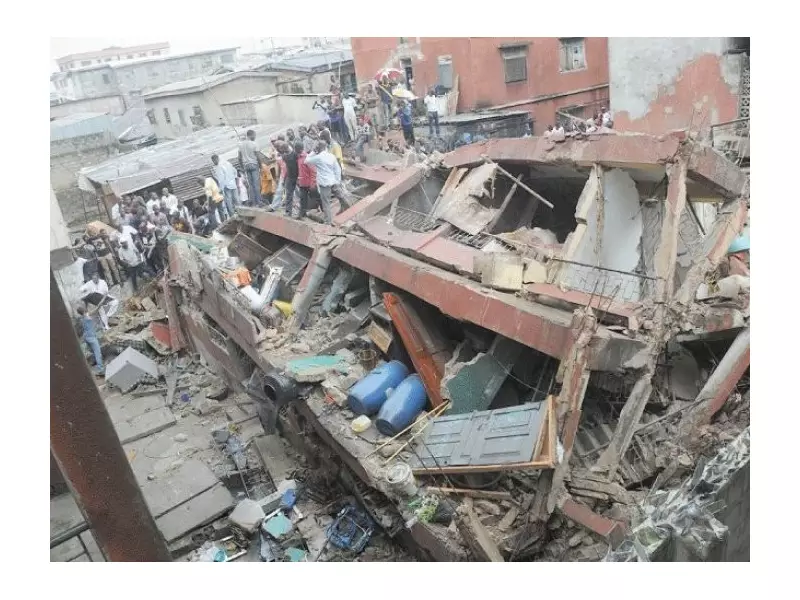
Nigerian structural engineers are raising urgent concerns about widespread unethical practices in construction projects that are putting lives and properties at risk across the country.
Alarming Trends in Construction Sector
Professional engineers have identified several dangerous trends that are becoming increasingly common in Nigeria's building industry. These practices not only violate professional ethics but also create significant safety hazards for occupants and the general public.
Critical Safety Compromises
Among the most concerning issues highlighted by engineering experts are:
- Use of substandard building materials to cut costs
- Unauthorized modifications to approved structural designs
- Engagement of unqualified personnel for technical work
- Failure to conduct proper soil testing and site investigations
- Inadequate supervision during construction phases
The Consequences of Cutting Corners
These unethical practices have led to numerous building failures and collapses across Nigeria, resulting in tragic loss of lives and substantial economic losses. The engineers emphasize that when structural integrity is compromised, the consequences can be catastrophic and irreversible.
Professional Integrity Under Threat
The pressure to reduce costs and accelerate project timelines has created an environment where ethical standards are frequently overlooked. Many engineers report facing demands from clients and developers to approve work that doesn't meet safety standards.
Call for Stricter Enforcement
Structural engineering professionals are advocating for:
- Stronger regulatory oversight of construction projects
- Mandatory certification and registration of all practicing engineers
- Regular inspection and monitoring of ongoing construction
- Severe penalties for violations of building codes
- Public awareness campaigns about building safety
The engineering community stresses that ensuring building safety requires collective responsibility from all stakeholders, including developers, contractors, regulatory agencies, and the general public.





